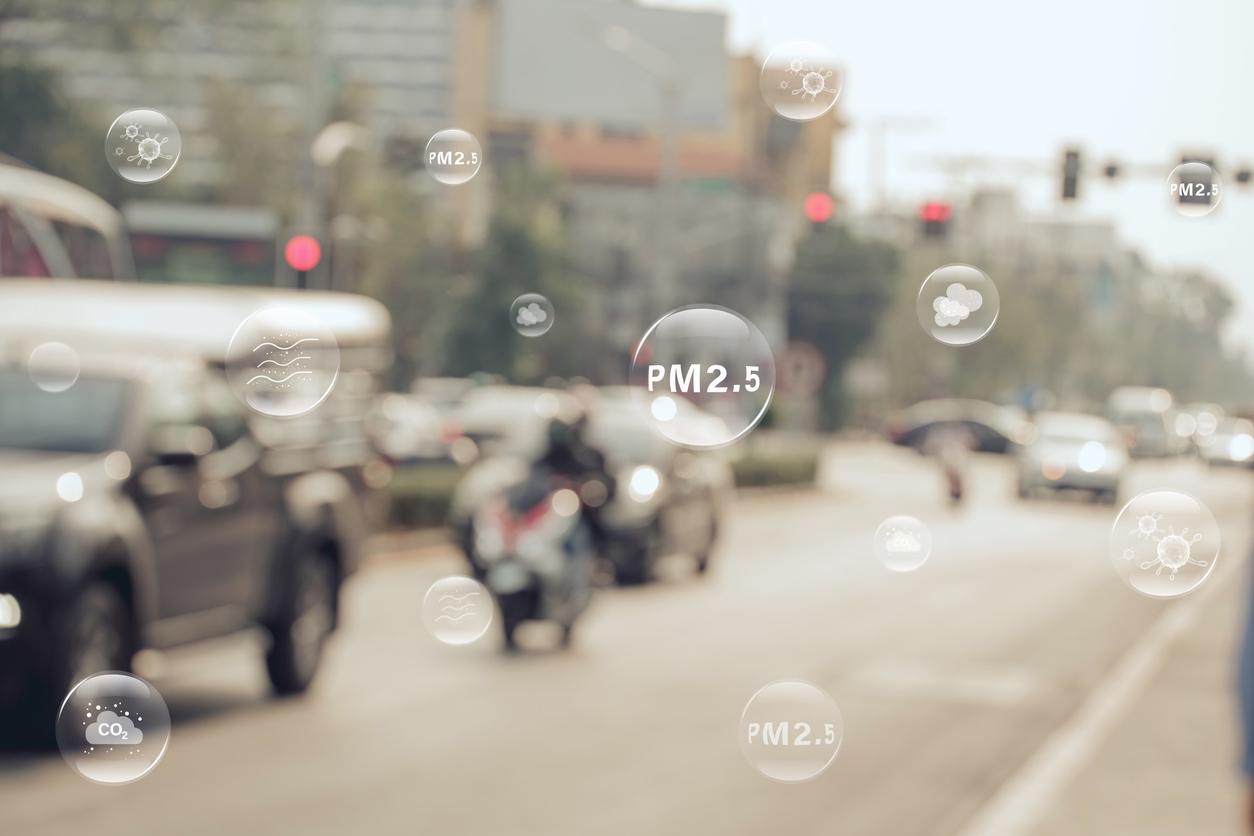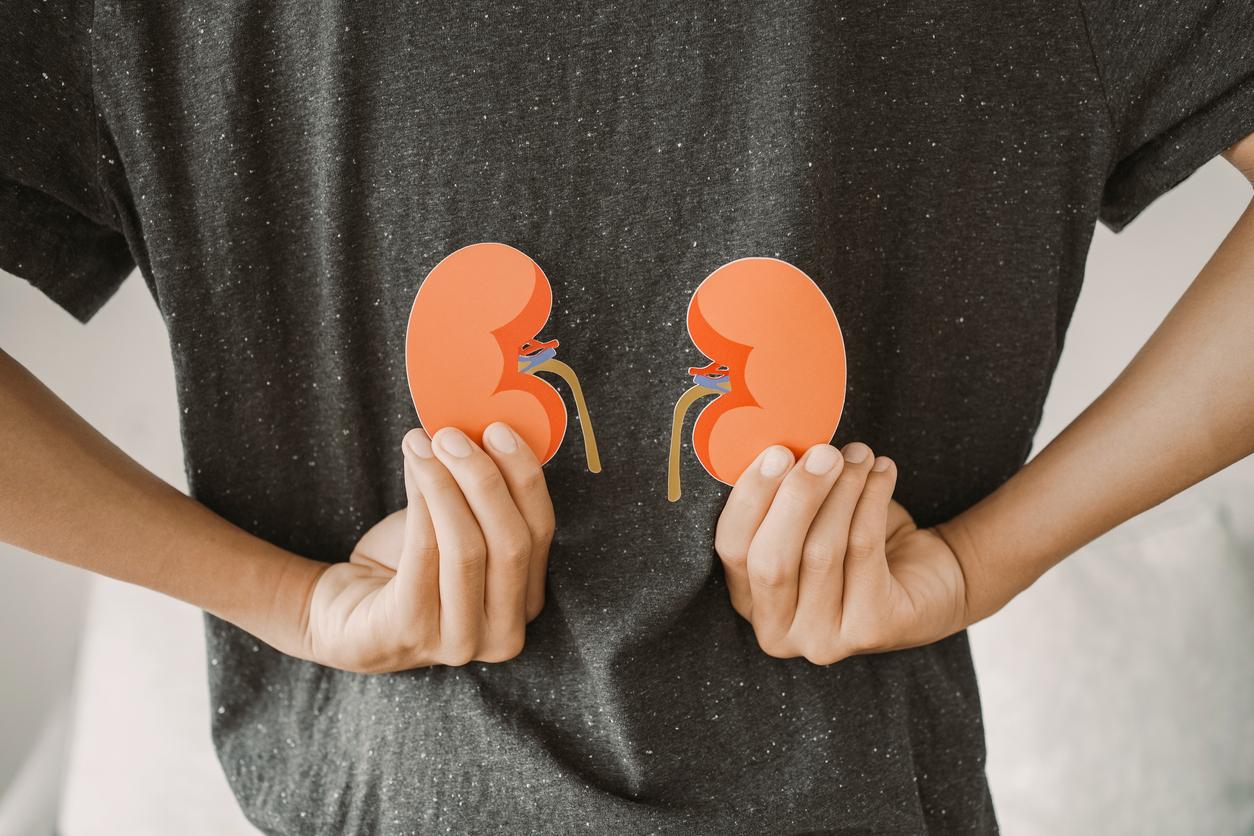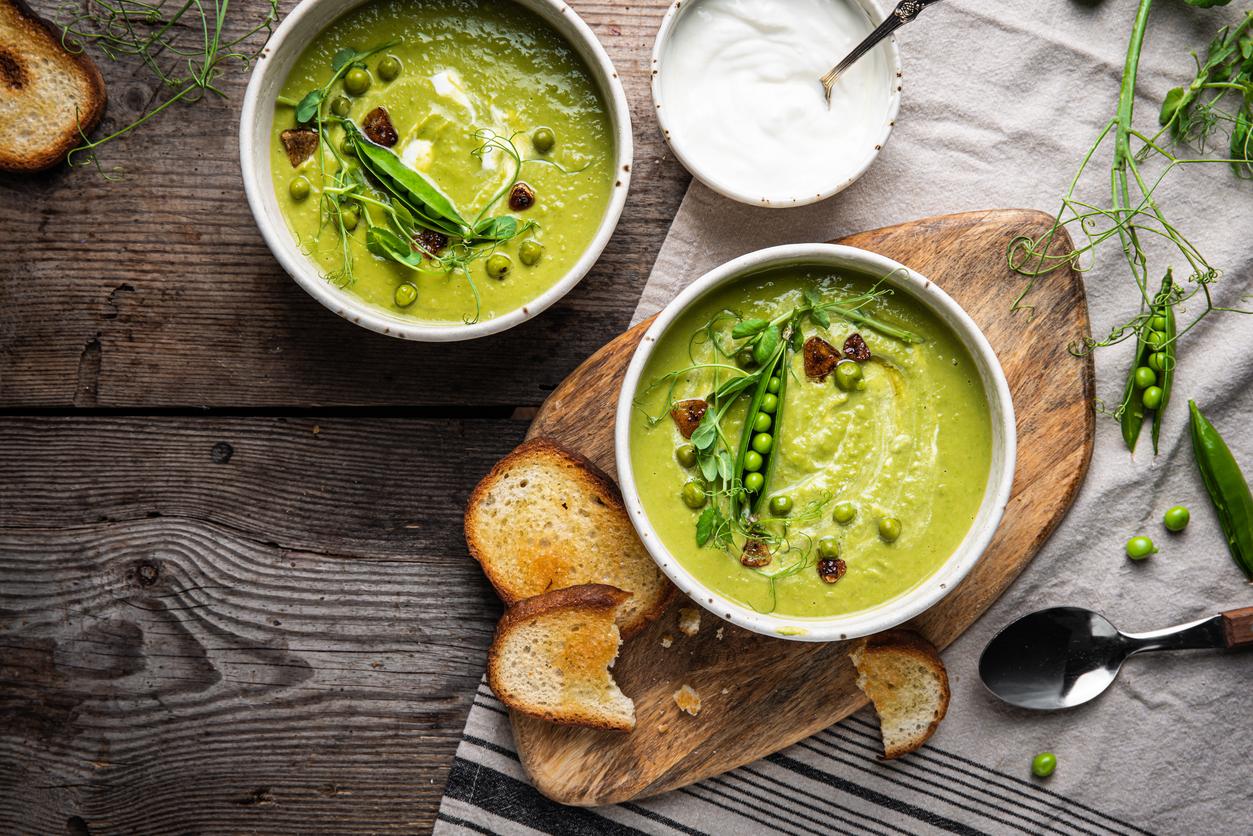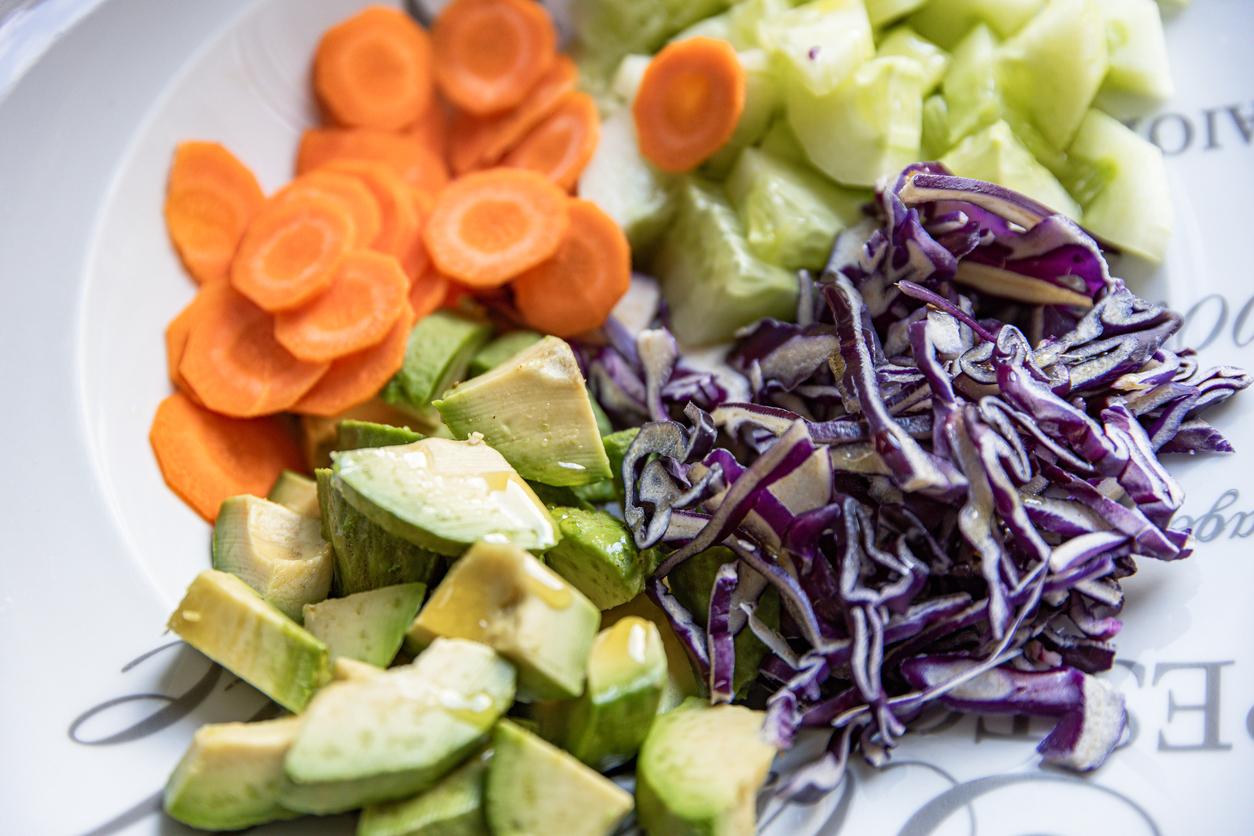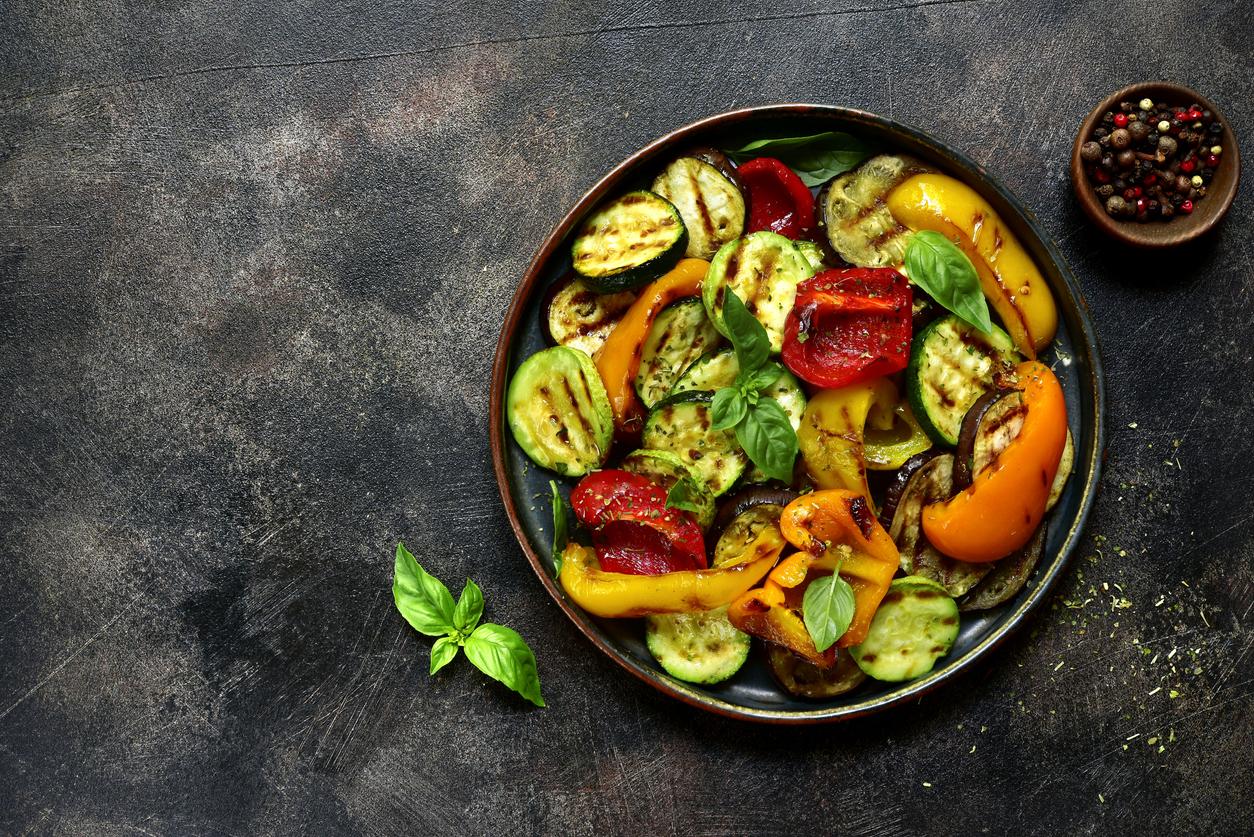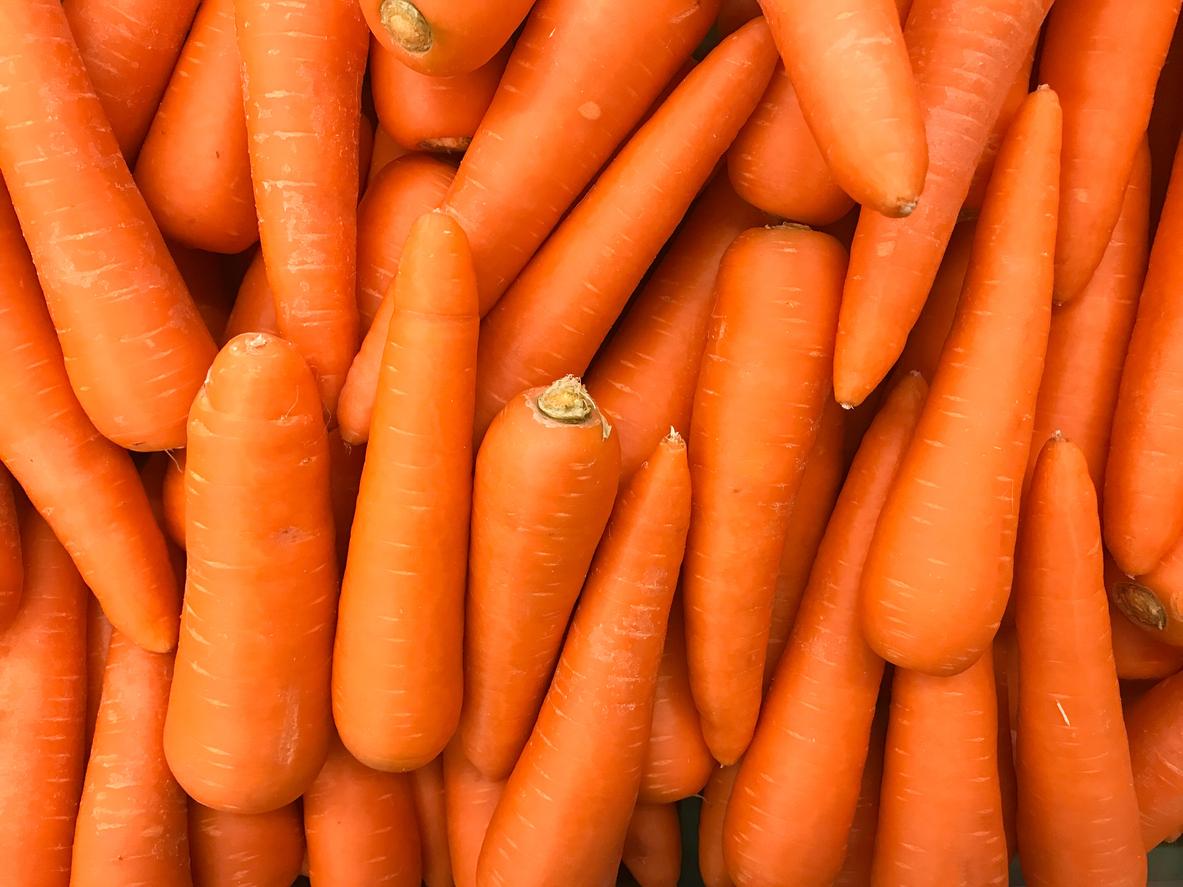
Especially for the nutrients
Vegetables are packed with vitamins, minerals and other nutrients, but how do you ensure that you actually get them? Some vegetables are best cooked, while others are the most nutritious raw. This is how you eat your vegetables smartly.
Many people think that raw vegetables are healthier than cooked ones. It is true that cooking vegetables usually loses some nutrients (between 20 and 50 percent), but cooking vegetables also has advantages.
Digestion
In any case, cooking makes digestion easier, because it breaks open the cell wall structure. Poor digestion can lead to a bloated feeling, belching, stomach pain and heartburn. If you regularly have complaints after eating raw vegetables, it is wise to see if cooking the vegetable briefly makes a difference.
It’s not only more difficult to digest raw vegetables: our digestion is also unable to absorb all substances from raw vegetables. Lycopene, for example, can be absorbed much more easily from cooked tomatoes or tomato puree than from raw tomatoes.
Vegetables lose a lot of moisture during cooking. As a result, the percentage of nutritional values per 100 grams is often even higher than with raw vegetables. You can also do more with boiled vegetables food, because you are less satiated quickly.
Alternate
During cooking, vitamins such as vitamin B1, folic acid and vitamin C are lost, but if you only eat raw vegetables, you can become deficient in iron, calcium and vitamin B2. Variety is the keyword. So put raw vegetables and cooked vegetables on the table.
Try to chew raw vegetables extra well, that way you break open the cell wall structure a bit. When cooking the vegetable, it is better not to do this for too long and preferably in a small amount of water. Steaming is also a good option, as is blanching. Steaming not only preserves the vitamin content, but also the taste.
You can heat vegetables from a can or jar until the water boils. You can also cook frozen vegetables briefly with little water. In this way as few vitamins and minerals as possible are lost and when it is on your plate there is little difference with fresh.
Raw or cooked?
You probably won’t cook lettuce and cucumber quickly. Peppers, beets, onion and broccoli are also best eaten raw: they contain the most nutrients. Cabbage and Brussels sprouts are allowed raw, but they are difficult to digest. Also mushrooms and other mushrooms you can eat raw, but prepared is better.
Legumes contain the natural toxin lectin, so cook these vegetables first. from cooked Spinach the body absorbs more calcium, iron and magnesium, so this one is also healthier. The same applies to, for example, tomatoes and asparagus.
Sources):



